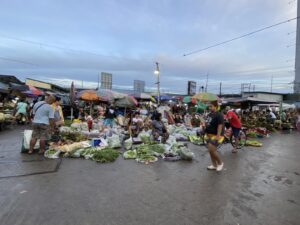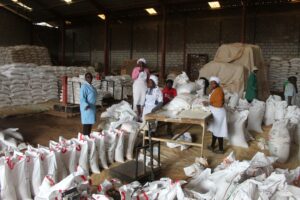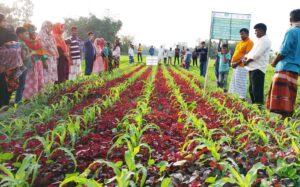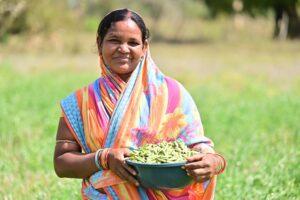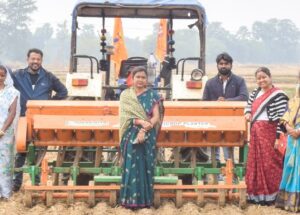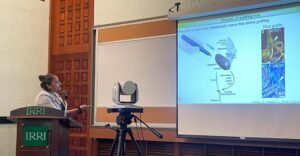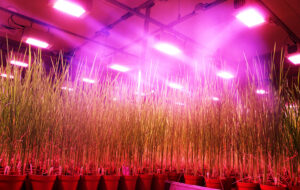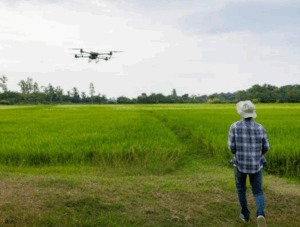
Former German Chancellor Willy Brandt once described development aid as “the peace policy of the 21st century.” Cooperation for development, to use the modern phrase, remains an important priority of the German government and the Federal Ministry for Economic Cooperation and Development (Bundesministerium für wirtschaftliche Zusammenarbeit und Entwicklung, or BMZ), which is responsible for the German government’s development policy.
BMZ’s mission relates mainly to the following areas:
- helping to fashion the global framework for development,
- formulating bilateral and multilateral support strategies,
- supporting partner countries’ development programs and projects and the development
- cooperation programs of NGOs, and
- aiding in monitoring and evaluating the use of funds.
BMZ does not implement individual development cooperation projects and programs itself. This is the task of independent organizations working on its behalf. The largest two of those organizations are the Kreditanstalt für Wiederaufbau, which provides concessional loans to developing countries, and the Deutsche Gesellschaft für Technische Zusammenarbeit (GTZ) GmbH, which supports technical cooperation.
BMZ recognizes the need for urgent action to help the 800 million people who face hunger every day. Central to improving the livelihoods of millions of rural people in developing countries, fighting hunger and alleviating poverty on an environmentally sustainable basis is BMZ’s support for the research centers of the Consultative Group on International Agricultural Research (CGIAR). BMZ, a member of the CGIAR from the group’s beginning and a committed supporter of its research agenda, ranks among its top 10 investors, contributing financial, scientific, human and technical resources.
Since 1971, German fi nancial support for the research work carried out at the centers has surpassed US$300 million. Today, a quarter of Germany’s financial support for the CGIAR is unrestricted core funding. The rest is targeted, or project, funding that is awarded based on guidelines set by both the CGIAR and BMZ.
BMZ has commissioned a GTZ project, the Advisory Service on Agricultural Research for Development (Beratungsgruppe Entwicklungsorientierte Agrarforschung, or BEAF), to administer Germany’s targeted funding of international agricultural research. BEAF has offi ces in Bonn and at the GTZ head offi ce in Eschborn.
As part of its mandate, BEAF advises BMZ on all issues related to international agricultural research for development. Its objectives are to organize and administer German support to the CGIAR and some other international agricultural research centers, establish and improve contacts between research centers and development projects, link these centers with the active German research community, and raise public awareness for international agricultural research for development.
BEAF is supported by an advisory committee of members from public research organizations, the private sector and NGOs. The multidisciplinary group provides advice on German strategies in international agricultural research and gives recommendations on project funding. BEAF cooperates closely with development organizations such as Capacity Building International (Internationale Weiterbildung und Entwicklung gGmbH, or InWEnt) and scientific associations such as the Council for Tropical and Subtropical Agricultural Research (Arbeitsgemeinschaft für Tropische und Subtropische Agrarforschung, or ATSAF).
BEAF also hosts the co-secretariat of the national German Forum on Research for Development (Deutsches Forum für Entwicklungsorientierte Forschung, or DFOR). Rice is life for 2.5 billion people around the world, and Germany is pleased to have found a valuable partner in IRRI. Since 1974, German support for IRRI’s research has totaled approximately US$30 million. Klaus Lampe, a renowned German specialist in agricultural development, served as IRRI’s director general in 1988-95, and German researchers continue to be active at the institute. Germany supports a broad range of research areas, from the development of new rice varieties suitable for various rice ecosystems to genome and biodiversity studies, improved management of soil and water, integrated pest management, and the increasingly important question of how rice supplies can be assured in the context of global warming.
These challenges are likely to grow in the future. The German government, BMZ and its implementing partners are committed to working with IRRI to meet them.


